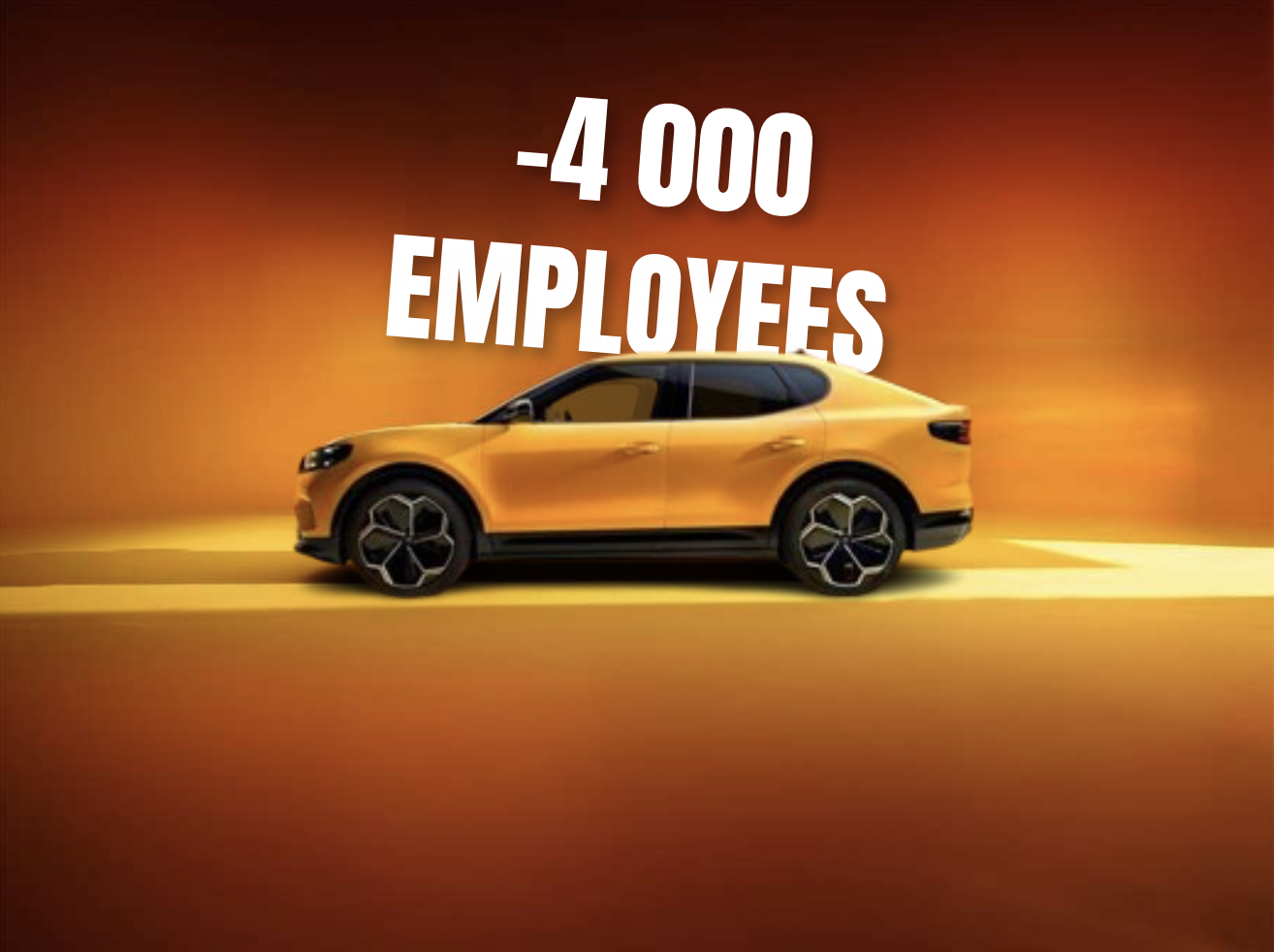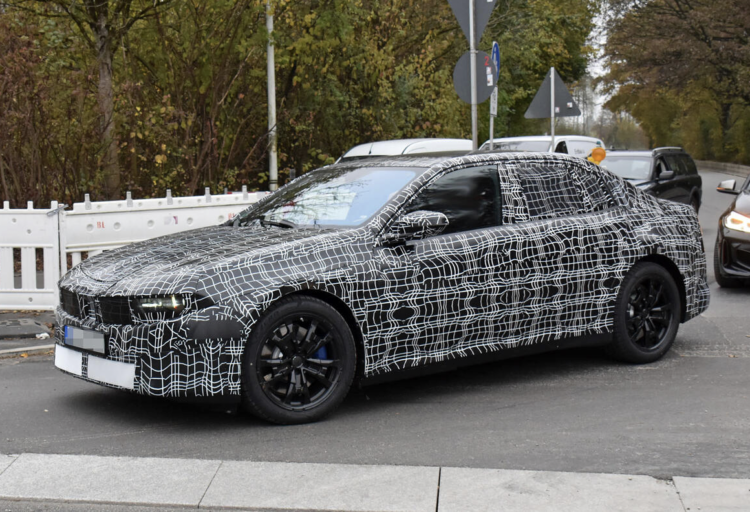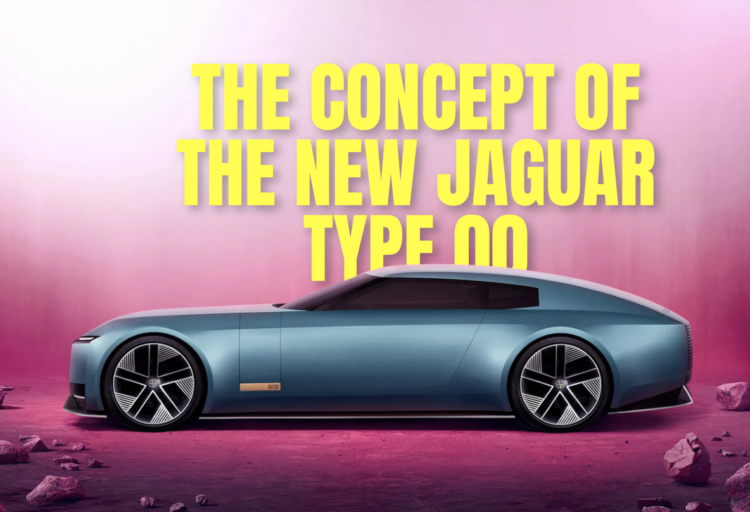Ford to Cut 4,000 Jobs in Europe Amid Declining Demand for EVs
Ford has announced plans to eliminate approximately 4,000 jobs over the coming years, representing nearly 14% of its European workforce and 2.3% of its global employees. The cuts will primarily affect factories in Germany and the UK, with significant production reductions expected, particularly at the Cologne manufacturing plant.
Declining Demand for Electric Vehicles
One of the primary reasons for these drastic measures is the lower-than-expected demand for electric vehicles, such as the Ford Explorer and Capri EV, which share a platform with Volkswagen’s ID.4 and ID.5 models. While electrification was once hailed as the future of the automotive industry, it has revealed significant risks. Despite the global increase in EV interest, the market is becoming saturated, leading to intense competition, especially from Chinese manufacturers and Tesla.


Ford also acknowledges a disconnect between regulatory emission goals and actual customer preferences. This mismatch has prompted the company to scale back production and reassess its strategies. In fact, “lower-than-expected demand” for EVs was cited as the main reason behind reduced work shifts at the Cologne factory, where employees now work only every other week.
Impact on Employees and Factories
The planned cuts are part of a broader restructuring effort aimed at improving the financial performance of Ford’s European division. In recent years, this division has suffered persistent losses, necessitating radical changes. While Germany and the UK will bear the brunt of the layoffs, other European countries will experience minimal impact.
Ford’s Cologne plant, once a flagship of the company’s manufacturing capabilities, now symbolizes the challenges of transitioning to EV production. The reduced output of Explorer and Capri EV models has raised concerns about their future, as both have failed to generate sufficient customer interest even shortly after their launch.
Calls for Policy Changes
Ford has expressed frustration with the European Union’s strict emissions standards and is calling for policy changes. The company urges governments to invest more heavily in charging infrastructure, provide substantial subsidies, and offer greater flexibility in meeting emissions targets. According to Ford’s Vice President of Transformation, Dave Johnston, these measures are critical for the company’s future competitiveness in Europe.
Reflection on the Future of Europe’s Automotive Industry
Ford’s situation reflects a broader crisis in the European automotive industry, impacting other brands as well. The transition to electric mobility, driven by regulatory pressures and green policies, presents new challenges but also highlights the risks of overly ambitious plans that fail to account for real market conditions. Many automakers find themselves caught between the need to meet emissions targets and the demand for affordable, practical combustion-engine vehicles.





Leave a Reply